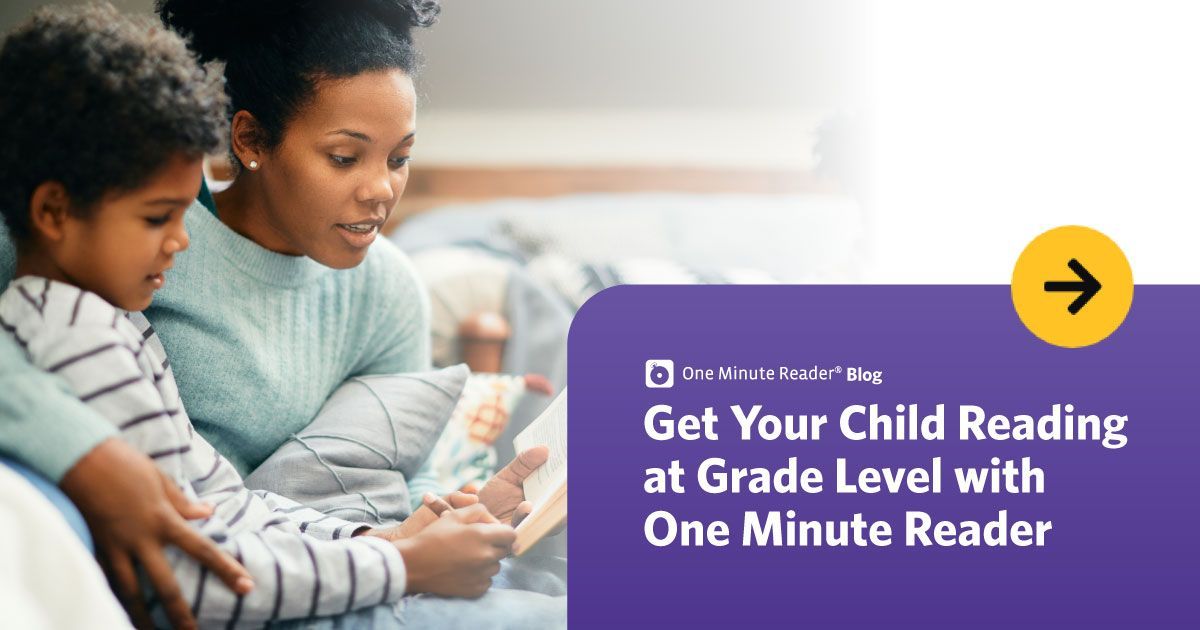Blog
Conference Hacks From Parents and Teachers
It's already parent-teacher conference season! Soon you'll be heading into your child's classroom (or hopping on a zoom with your child's teacher) to hear how the school year has been going so far. In your opinion, what makes a parent-teacher conference successful and productive?
We recently asked parents and teachers this question. Here is a compilation of the ideas we received--the list includes everything from how teachers can provide parents flexibility in scheduling to why it's important to have a variety of jelly bean flavors in the teacher's candy dish. As you read through this list, what would you add?
From parent Dan E.:
I love when teachers communicate ahead of time about what they intend to discuss and provide prompts for us (parents) to think about questions we might have for them. Also, it is common to hear things like, "Be sure to let me know if you have any additional questions about your student." But it is even better if they reach out after the conference to continue the conversation -- "It was great to talk with you about your child's progress. Do you have any additional questions for me or the educational team?" This second method invites a response in real time and makes conversation very easy.
From teacher Sarah Jane S.:
- Find ways to communicate with parents regularly (classroom newsletters, phone calls, emails) so that the conference isn’t the first time you’ve talked with the parents.
- Create a collaborative atmosphere by asking questions such as, “What are you seeing at home?”, “What is your child interested in?”, “How do you think we should move forward?”, “How can we help you?", "Are there any resources you need?”
- Preview the expectations for the next grade level--both academically and socially.
- Offer flexible times for the conference to allow for parents’ work schedules.
- Finally, make sure the lights are scheduled to stay on if you are meeting with parent in the evening after work. One year, I found myself sitting in the dark during a parent-teacher conference. The only way to get the lights back on was to activate the motion sensor…so in addition to the darkness, I had to start jumping up and down to get the lights back on. Awkward!
From parent Katie P.:
I love going in and meeting with the teachers and seeing the students' work, but just yesterday, I did a phone conference because I didn't have child care. It was a very productive phone call and we filled the whole 15-minute time slot. I felt confident that if I needed more time I could schedule another call or send an email. I was so grateful for this option!
From teacher Sue M.:
Always start with a cute positive story about the student. I kept little notes about funny and sweet things the kids said or did. I always made sure every conference was about 20 minutes, a decent amount of time. There is nothing worse than talking to one set of parents, knowing that other parents are lined up in the hallway. Assign times, and keep a watch on the conference table. Have a bowl of jelly beans on the table too. I still remember the time a dad asked me why there were no orange jelly beans in the bowl. "The orange are my favorite," he said. "Well, they're my favorite, too," I replied. We goth got a good laugh out of that!
From parent Laura W.:
I like to hear the plan of what is going to happen at the start. When I know we are going to review their written work, look at their report card, etc., I know what to expect. My kids are little but reading their writing samples is my favorite part of conferences. I like in-person conferences but it is also nice to do them virtually and not have to worry about childcare!
From parent Stephanie J.:
My kiddo's teacher spends more time with my kid than I do during the week, so I really appreciate stories, anecdotes, anything... We care much more these days about how our kiddo is relating to peers and other adults, so insight from their teacher is valuable. If there are academic issues, I hope that information could be shared any time with conferences as an opportunity to get a status check. Lastly, I really want to know what teachers would find helpful from us parents to support them on a daily/weekly basis.
From teacher Karen M.:
Don’t forget to include the interventionist if your student is receiving Title I or English Learner services. When I worked in Title I, I did this different ways depending on the desires of the classroom teacher. Usually, I set up a time slot right after the classroom time slot, so that the parents could visit in the room where their child received services. This option gave the teacher enough time for the classroom conference, and I had enough time for a relaxed conversation about intervention services. Other classroom teachers liked to include me in their conferences with the parent. Either way, parents liked to hear about their student’s progress towards grade-level performance.
From parent Traci S.:
My kids' school does student-led conferences. Kids do a slide presentation on grades, goals, and examples of high-quality work. I like this format, but if I had a concern, I wouldn't bring it up at a student-led conference. In that case, I would request to meet with the teacher without my kid there.
From parent Yesenia A.:
I absolutely love conferences. My main goal is: Are they at grade level? Are they being challenged? What can I reinforce at home? I feel like parents should have homework at the end of the conference--literally, what to reinforce/model at home.
From teacher and parent Lizzi K.:
As a teacher, I want to know if the child is enjoying school and any concerns the parent has. I go over lots of academics, but those are my main questions. As a parent, I want to know if my child is a good friend and if the teacher has any specific concerns.
From parent Kelli S.:
We've filled out a short questionnaire before conferences where we can list any concerns and what's going well. I assume that's nice for the teacher to have to prepare. I've always liked when the teacher shares some personal stories or quirks about my kid, to show me they know/understand them. I think it's really important not to wait until conferences to share concerns. Also, I would love for schools to keep offering virtual conferences! That eliminates the need for finding childcare or taking off work.
From teacher Karen H.:
Never, never, never surprise a parent with a bad grade or with serious concerns about a student’s behavior at a parent/teacher conference (or on a report card sent home)! Ongoing communication and support should be initiated as soon as a problem is recognized. Then the focus of the parent/teacher conference can be on the progress a student is making and/or the next steps needed to continue to support the student.
Do you have anything to add? Contact us to let us know! Thank you all for taking the time to make parent-teacher conferences a success this year and always.
Highlighted Posts


Ready to see an improvement in your child's reading?
Sign up today and get seven days for FREE.
One Minute Reader is just $8 per month after your free trial.
